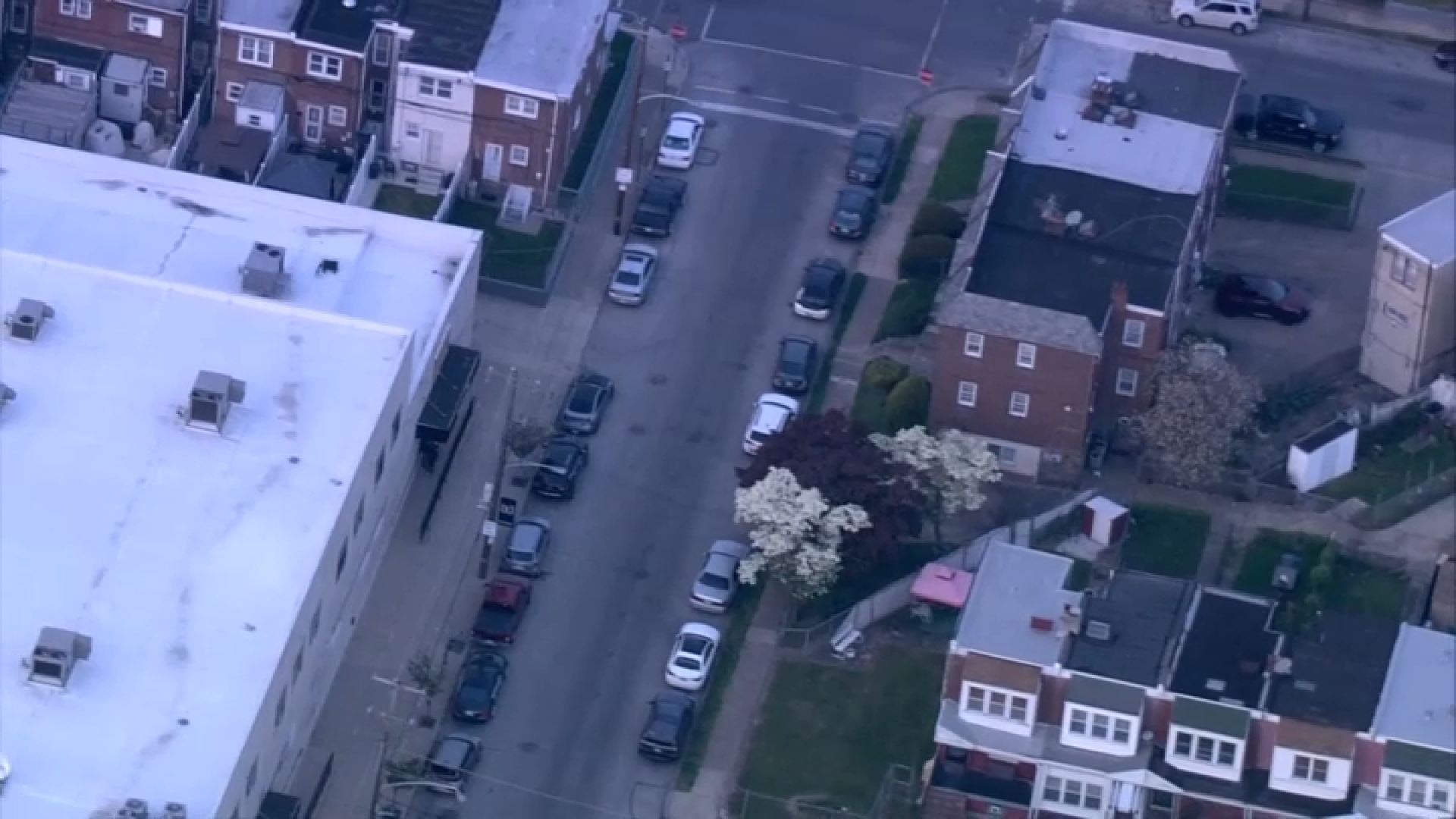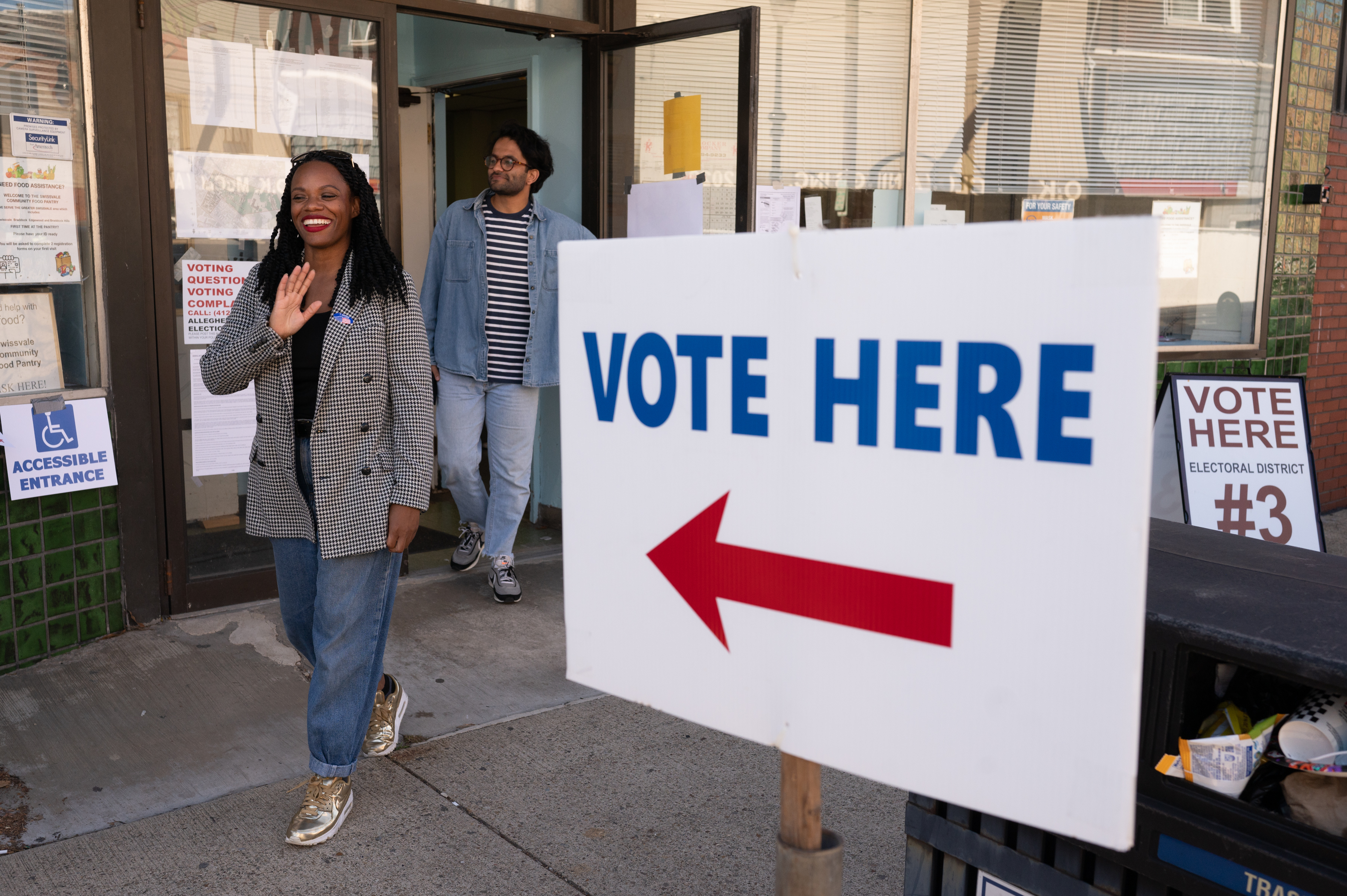When you think of studying abroad, you may envision students spending a few months living with a family in a foreign country, visiting museums, or maybe teaching English as a second language at a local school.
And then there’s the Temple University School of Media and Communication South Africa Study Away program, which assistant professor of journalism and study away program assistant Karen Turner says is totally redefining what it means to study abroad.
"It’s more than just kind of doing some study away where you’re kind of just doing tours, and you really don’t get a chance to get deep into the culture. These kids are getting wonderful access and an opportunity to really get a sense of what it’s like to live here,” Turner said.
The South Africa Study Away program, launched in 2011, sent 11 students to South Africa in its first year. This year, 17 students and two faculty assistants are participating in the program, producing journalistic stories, documentaries, blog posts -- and even social media updates via Tumblr and Facebook--from the trendy neighborhood of Melville, in the northwestern suburbs of Johannesburg.
Tasia Morgan and Nicholas Cutrona, both first-time study away students, are currently in South Africa with the summer 2013 class. Morgan and Cutrona say their time in Africa has been eye-opening in more ways than one.
“I decided to come to South Africa because I knew that all of the post-apartheid problems that are facing the community would be enough of a story in itself. But then I had no idea when I got here that there would be so many other stories,” Cutrona said.
“Once I was here, I realized there was just so much stuff I could do, and there was just so many people I could talk to; and there were so many people who were interested in talking to us. So, it was definitely perfect for a journalism student who is looking for stories everywhere they can go.”
Local
Breaking news and the stories that matter to your neighborhood.
Morgan, who is currently working on a documentary about the job economy in South Africa, said it took some time for her to adjust to the country’s poverty and wealth disparities.
“When you go into these townships and you go into these places where people live in shacks, a lot of these people are in the informal job market. Some of them even have their jobs set up in front of their homes. It was just mind-blowing to see,” Morgan said. “After 1994 and apartheid ended, you would think things somehow got better. That’s what most people think, but when you get here and you see these places, you see that it still has a ways to go. It took me a while to get adjusted to because it’s just nothing like America.”
While the School of Media and Communication also offers study away programs in London, New York City, Dublin, Barcelona, and Hong Kong, study away program assistant and editor of Temple’s Philadelphia Neighborhoods publication, Linn Washington, says South Africa has a unique appeal.
“We’re in an urban area. Very unlike London or Paris or Dublin, or any of the other European countries, South Africa has its own feel and flavor, and its very mind-expanding for the students,” Washington said.
“I think that’s what they were drawn to, that reporting experience in an exotic country; and they received, I think, more than they bargained for in terms of seeing South Africa in the raw from the bottom of the economic ladder to the top.”
This “raw view” of South Africa has led to a number of award-winning student-produced publications. Most notably, a recent graduate from the 2011 study away class, Lauren Hertzler, won a Mid-Atlantic Emmy for her video documentary of her group’s experience as the first Temple students to participate in the South Africa Study Away Program.
Hertzler said she shares the honor with her cohort.
"I created the piece with hopes of spreading the word about how amazing of an experience it was, never for an accolade. The most important part of winning the Emmy was that it spread the word, even more, about the amazing program," she said.
"I couldn't have done the documentary without the amazing group of people I got to travel with. Every single one of them contributed greatly, from submitting photos to bearing with me while I made them re-do an interview. They are the reason it won."
Morgan and Cutrona hope that won’t be the last Emmy the program claims.
“I think that if you ask anyone here, they're gonna say that their project is gonna be the next Emmy winner. So I have to say I think mine will be the next winner,” Cutrona said.
“For the informal job economy project that I’m working on, I do think that it’s something that people would be interested to hear about. I think we got a lot of great footage and everyone is really working hard. So, I would like for my story to be the next Emmy winner, but you know, I’ve got a lot of competition here,” Morgan said. “We'll see who makes it to the finish line."
Washington and Turner, while proud of the awards the program's students have received, seemed more focused on making sure students have a well-rounded experience.
“We don’t go into the South Africa coverage with the intention of creating things that could be award winning,” Washington said. “We just want to do solid, substantive journalism. After that journalism is produced then we sit back and say maybe this can be worthy of an award, and we may enter it into a competition. But our primary mission is just to do good journalism, and to do the type of storytelling that other people are not doing. And that has proven to be successful in terms of the type of recognition the students have earned for their work.”
"I think what’s touched me most is watching them discover South Africa. My first trip here was in 2004 and the whole time I was in Cape Town, I kept saying to myself I wish there was a way that I could put together a program for Temple because I really think that Temple students would appreciate being in South Africa,” Turner said.
“So I almost feel like I’ve come full circle. It’s taken 9 years, but to be able to share in the experience that the students are having, it’s just amazing.”



